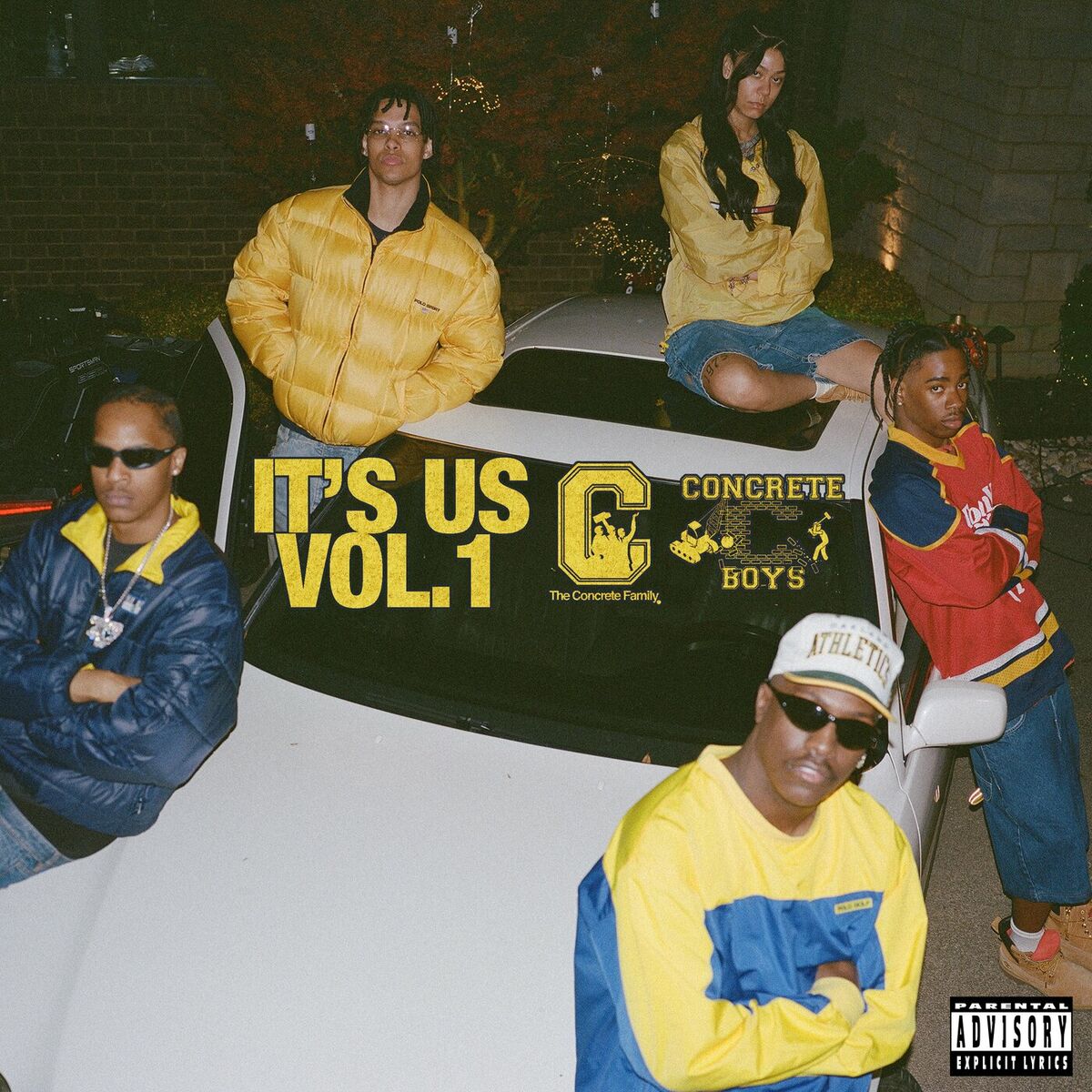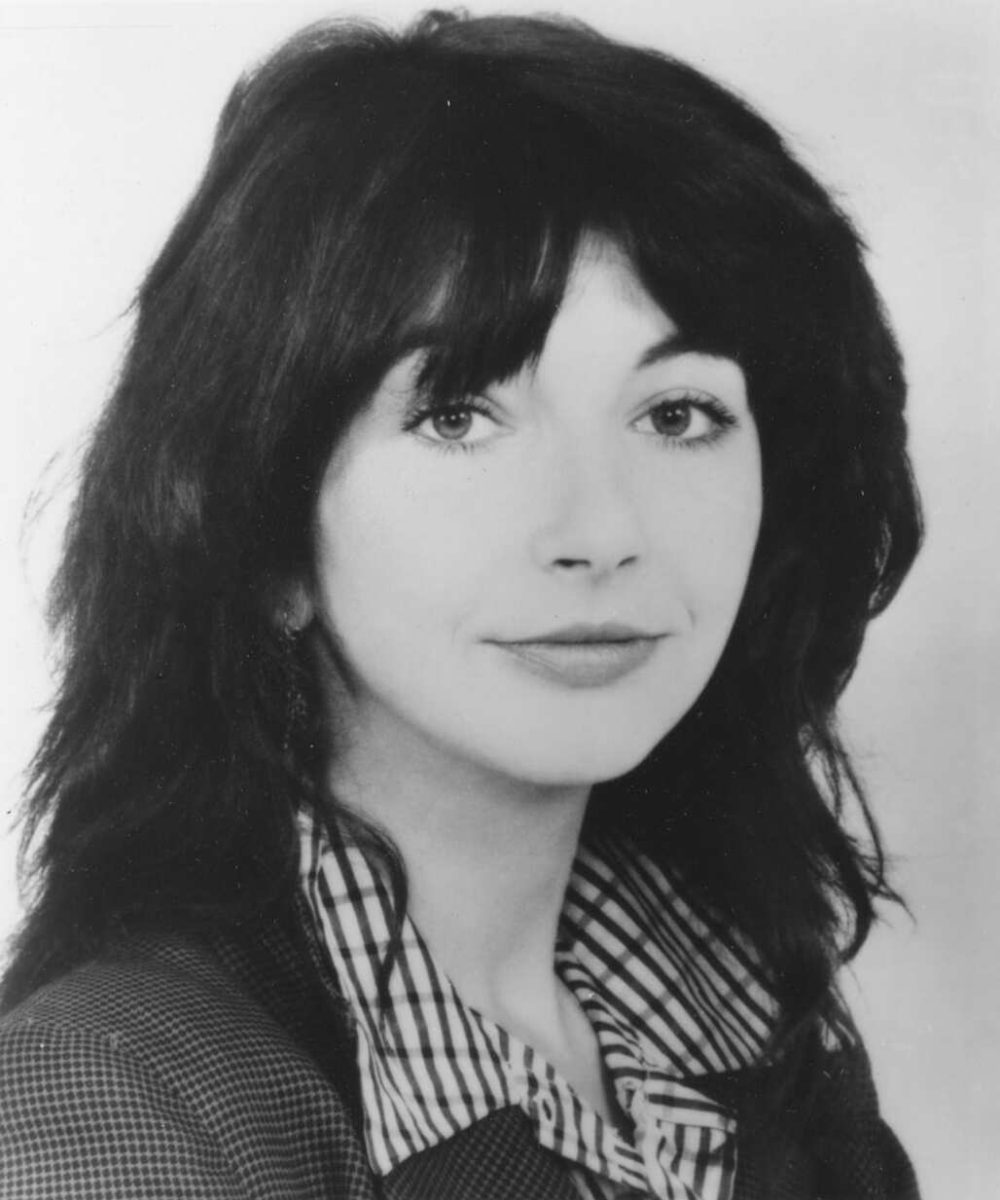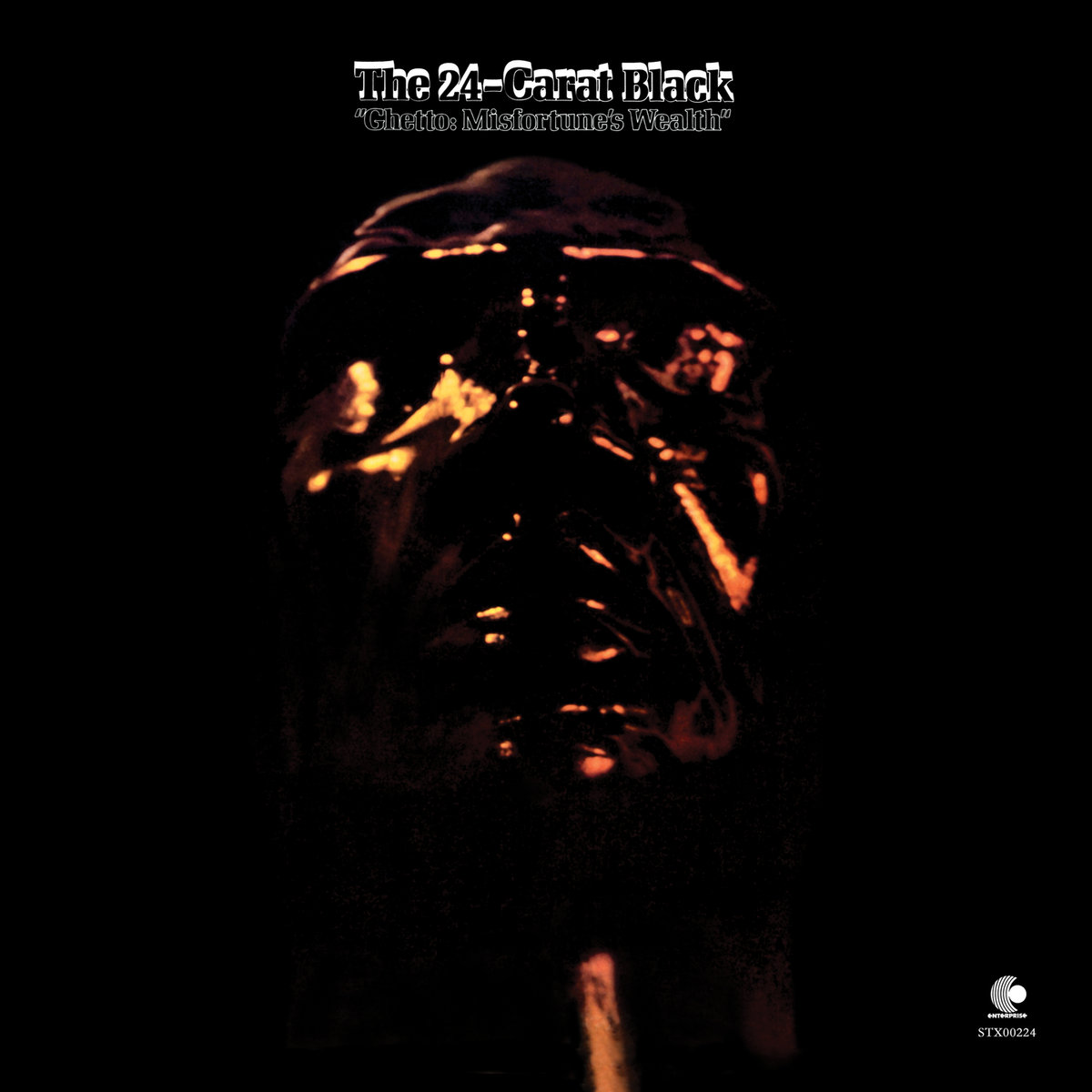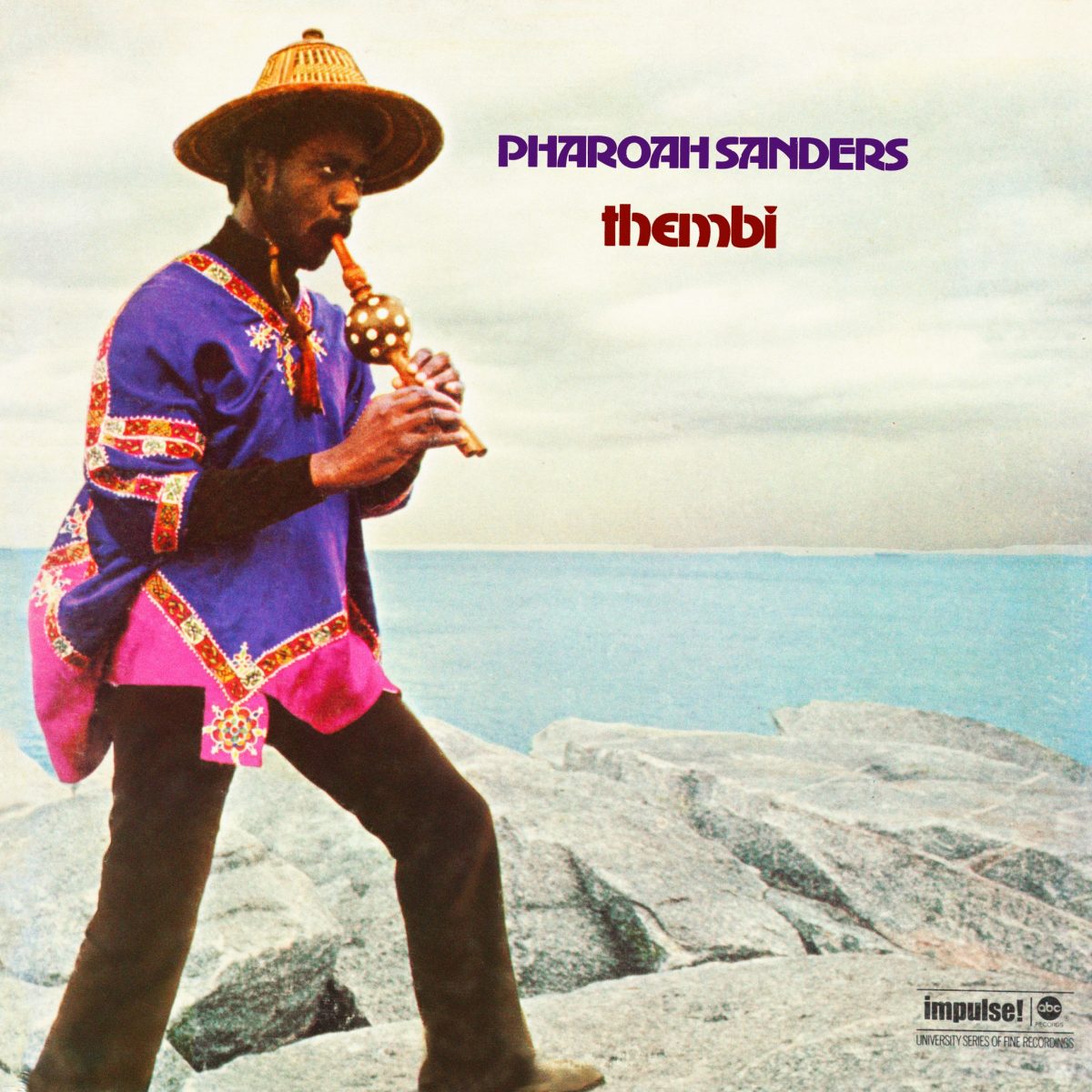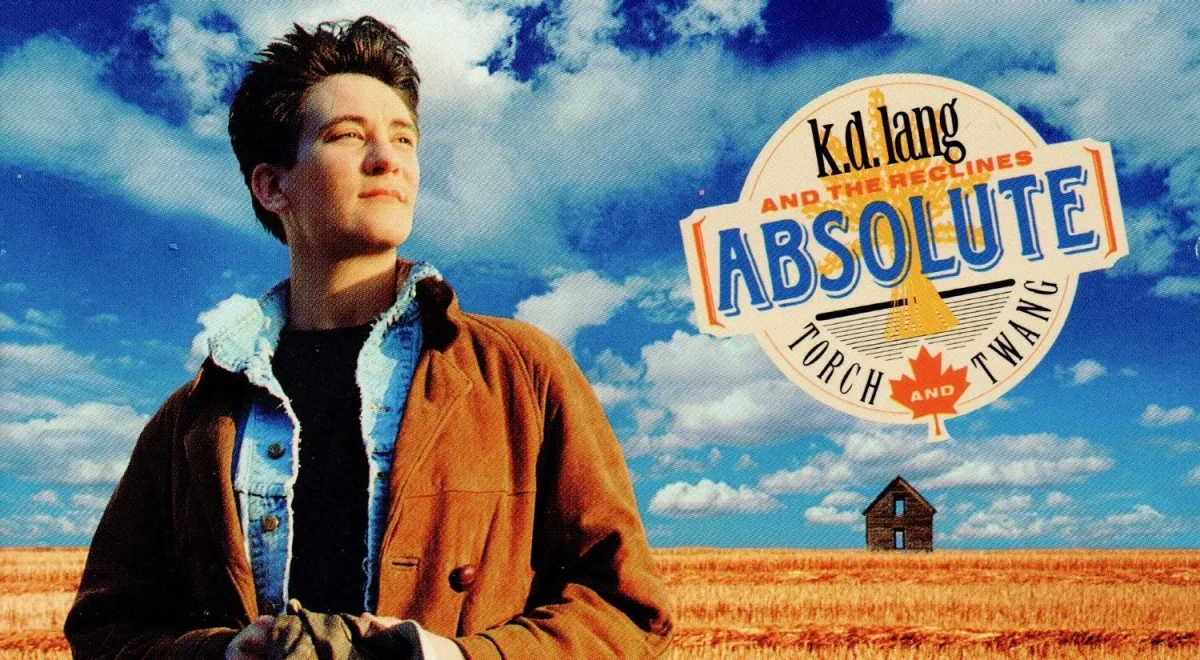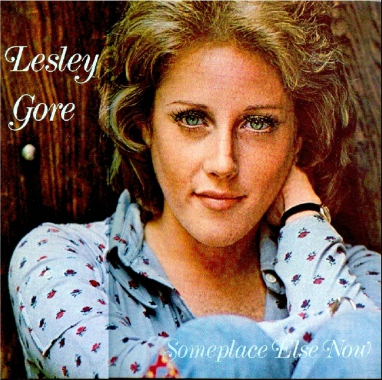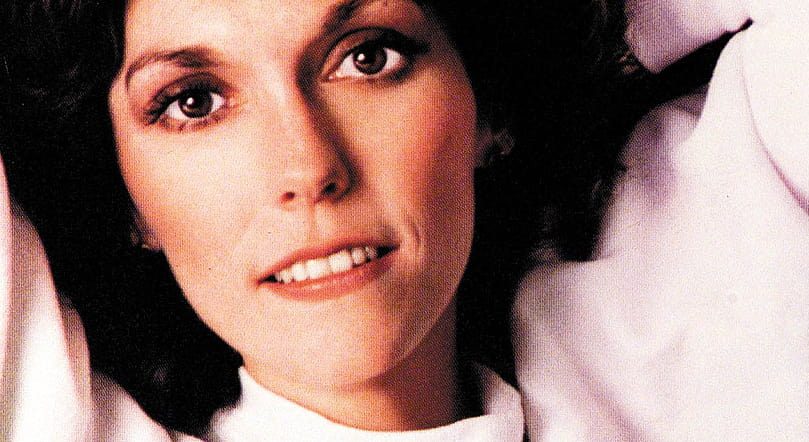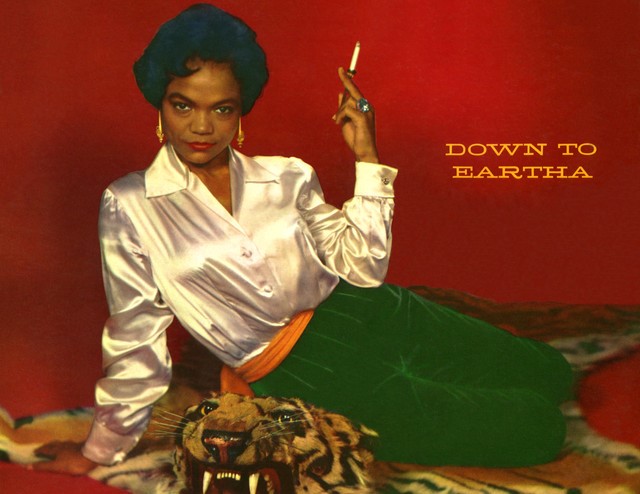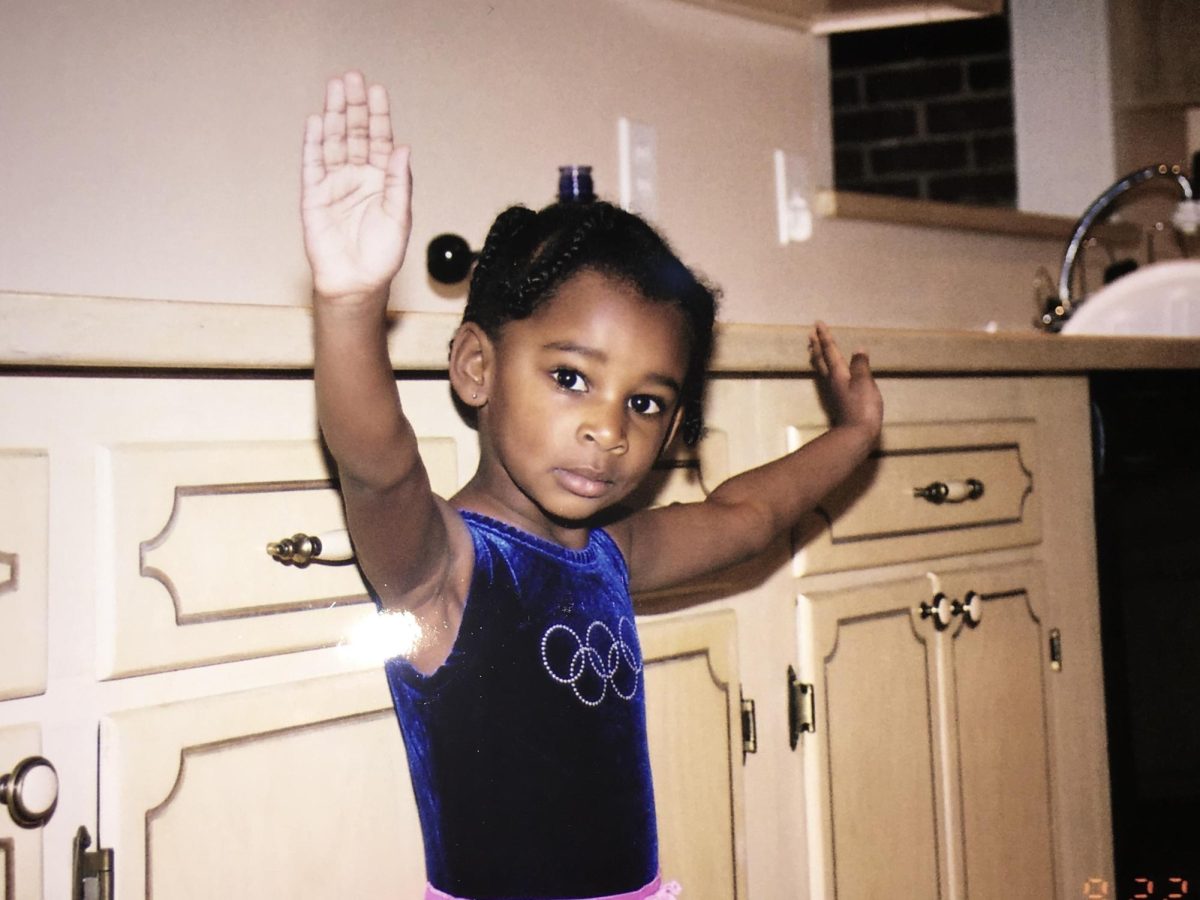As Kim Deal approaches her 40th year writing and performing music, her band, The Breeders, opened for Olivia Rodrigo in Madison Square Garden and will kick off a European leg to their tour in the summer. While Deal’s career seems to have hit a secure stride as of late, she has not always been immune to struggle over the past four decades.
From multiple stints with the legendary Pixies to forming two bands of her own, Deal has always been at the forefront of innovation in the music industry, whether such efforts have been noticed or not. To understand how she is now playing alongside a pop megastar in one of the most sought-after venues in the world and set to headline in cities like London and Madrid, it is necessary to draw focus toward her career from the beginning.
Although Deal’s musical ambitions began at her childhood home in Dayton, Ohio with her twin sister Kelley, their early recordings are not easily accessible and are hard to come by. Deal’s talents can first be tangibly traced back to the Pixies’ inception and her role as a bass player.
While the Pixies were a hit with many rock fans from their beginnings in 1986, they had a hard time gaining full mainstream attention during the ‘80s and ‘90s. Despite having more success now than they originally did during their early years, they are often noted as an influence for bands such as Nirvana, The Smashing Pumpkins and Weezer.
While with the Pixies, Deal took a backseat to lead singer and frontman Black Francis. When she was given the opportunity to sing lead and display her vocal skills in a more central fashion, Deal delivered over and over, producing some of the most exciting tracks in the Pixies’ discography.
On the acclaimed first full-length Pixies album, Surfer Rosa, Deal was given the chance to write and sing the song “Gigantic.” The song begins with a deep-toned bassline from Deal accompanied by backing vocals from Francis. The vocals he provides are akin to those of Deal’s throughout the rest of the record; their roles are reversed.
Francis’s lead vocals are typically strong on this record, yet with “Gigantic,” Deal gives a much smoother vocal performance than he usually gives, appealing to a new and broader audience. In general, and on this track specifically, she is able to effortlessly match her vocal tone and pitch to those of the instrumental. Throughout most of the track she is almost speaking rather than singing, but this does not take away from the pleasantness of her sound. In fact, this is exactly what many fans enjoy so much about Deal.
Despite many attributing Deal’s exit from the band in the ‘90s to her frustration with Francis’s leadership and his controlling nature around songwriting, Deal has made it clear that she views things differently. Instead, she has explained that she recognized that people enjoyed her vocal style and wanted to find ways to give this crowd more opportunities to enjoy her work. Regardless of her exit from the band, she certainly left a creative mark on the industry.
In 1993, as Deal made her decision to leave the band, the Pixies went on an extended, decade-long hiatus. As previously mentioned, Deal saw her exit from the Pixies as an opportunity to share her music as a lead singer with her blossoming audience. Consequently, she turned her focus to The Breeders, a band that she had formed in 1989. Their debut album, Pod, was released the following year, and while Deal was not able to place all of her attention on this project because of her involvement in other Pixies projects, her artistic vision is still clear on this record.
A few of the tracks on Pod are similar to “Gigantic,” with the song “Glorious” possibly being the most reminiscent of it. In the song, Deal delivers a droning vocal performance. Now, this isn’t to say that the performance is boring or lacking in emotion in any way. Rather, her voice plays beautifully off the bassline. This attention to detail is a testament to Deal’s experience as a musician, as well as her intrinsic songwriting knowledge.
Immediately after Deal began to dedicate all of her time to being the lead songwriter and singer of a band, she released Last Splash with The Breeders — a highlight and staple of ‘90s music. On this album, Deal was able to show her versatility across genres ranging from grunge to country.
Last Splash features the hit single “Cannonball,” which propelled the band into a slightly brighter spotlight just weeks before the release of the full album. After a brief vocal introduction, “Cannonball” begins with and is driven by a bassline that sets a grungy tone for the whole song. While most of Pod falls under what some would consider grunge, The Breeders hadn’t seen much commercial success with this sound. However, they found themselves at No. 44 on the US Billboard Hot 100 with “Cannonball.”
Aside from a very short reprise, Last Splash comes to a conclusion with the track “Drivin’ on 9,” a cover of a little-known song from the band Ed’s Redeeming Qualities. This track gives listeners a completely new insight into Deal’s artistic versatility. As previously mentioned, the record up to this point had spanned across various genres, but the overall grunge theme was present in the tempos of each track.
With “Drivin’ on 9,” the band gracefully crosses over into the country genre, presenting the audience with new tones and instruments. Even on a second or third listen of the album, the tonal change in this track will come as a bit of a shock. Deal’s voice sounds lighter when paired with a folksy-sounding fiddle, and the rest of the band caters to this sound beautifully.
This is one of the rare songs that will almost certainly feel nostalgic upon a first listen. What makes it feel so special is that for The Breeders, it is truly one of a kind; “Drivin’ on 9” is their only true country song to date. What’s truly impressive is that on their one and only attempt at a country track they managed to produce what may be the most beautiful song in their entire discography.
In 1995, after various members of The Breeders came and went due to a multitude of reasons like rehab, drug and alcohol abuse and exhaustion, Deal still wanted to make music. Deal, along with Breeders drummer Jim Macpherson, moved to Ireland to record an album for a new band, The Amps. In Ireland, both of the musicians struggled to create a healthy work environment, as they too encountered problems with drugs and alcohol.
The album Pacer was completed and released but did not see any commercial success. Despite the reception, the tracks on this record aren’t lacking in quality or intrigue. Even under unfortunate circumstances, Deal was able to produce tracks that could have fit comfortably on a Breeders record in terms of quality, showcasing her unwavering commitment to songwriting.
“First Revival,” a track evocative of Pod, has a murmuring dreamlike quality to it that Deal hadn’t utilized in her career up until this point. It’s not hard to see that even when faced with an immense amount of adversity, she has always been eager to experiment with new sounds. She had carved out an identity for herself but was simultaneously always open to finding out more about who she was as a musician.
Many artists find a specific sound and use it until people become too familiar with it, but Deal has constantly challenged herself to break into new frontiers. She has done this on a large scale with The Breeders and on a smaller scale with The Amps, showing listeners that her creative process is not influenced by the size of her audience.
As for the state of The Breeders after Deal’s stint leading The Amps, the band continued to have a hard time finding their footing. Throughout the second half of the ‘90s leading into the 2000s, The Breeders didn’t have a consistent group of members that could commit to recording like they did during their early years. Longing for a sense of stability, Deal took the Pixies up on an offer to begin touring with them again in 2004.
At this point, the Pixies had amassed a large cult following that gave them the opportunity to play in venues they would have never been able to play in before. This series of tours lasted nine years and is a large reason why they still hold a strong relevance in the current music scene. Although she doesn’t speak on her second exit from the Pixies much, Deal has mentioned that she was not interested in recording new music for the band. While this is not confirmed, it could be reasonably inferred that she was worried about taking the backseat in terms of songwriting.
Her second departure came in 2013, during the 20th anniversary of Last Splash. After Deal left the Pixies again, she and her sister wanted to get the original Last Splash members back for an expansive Breeders tour. The tour was a large success, as they played sixty shows all within the year of 2013, starting in May and ending on New Year’s Eve.
It has become quite apparent that Deal’s time with the Pixies is officially over. She has finally reached a point of security with The Breeders, and it would come as a surprise to many fans if she ever went back for a third stint. Although her involvement in the Pixies has come to an end, her influence and memory within the band is everlasting.
In 2016, the Pixies, having returned to releasing new music, came out with Head Carrier. On this project, Francis wrote a tribute song to Deal, concurrently apologizing for past mistakes and honoring her legacy. This track, “All I Think About Now,” is actually sung by Deal’s replacement, Paz Lenchantin, who has a similar voice to Deal in some ways. Before the lyrics even begin, the opening of the song already pays homage to Deal’s footprint on the success of the band by producing a sound eerily reminiscent of “Where Is My Mind?” This is one of the most recognizable songs of all time, and this is largely due to Deal’s masterfully catchy backing vocals. The lyrics on “All I Think About Now” are of direct relation to the conflicts between Deal and Francis:
“If I could go to the beginning /
I would be another way /
Make it better for today.”
Over time, Francis has realized what the Pixies could have been if he had sought to further involve Deal in the songwriting process. His behavior in the ‘80s and ‘90s likely set a precedent for what Pixies songwriting was like, and if he had behaved in a more inclusive manner, she may have been more inclined to stick around and make more music after her second run with the band. The song concludes with the following lines:
“I remember we were happy /
That’s all I think about now /
I you have any doubt /
I want to thank you anyhow.”
This is a simple and respectful gesture to honor a rock legend. Deal’s dedication to performing is admirable to the fullest extent of the word, and her career seems far from coming to an end. Rather, she treats every opportunity as a new beginning instead of a step toward retirement, reflecting her unique ability to push through misfortune. With this in mind, it is stirring to think of where she will take her fans next.





